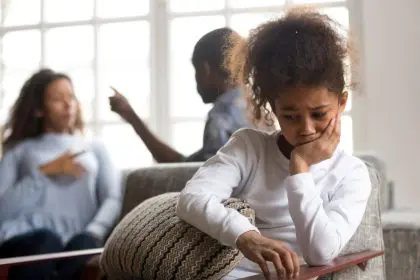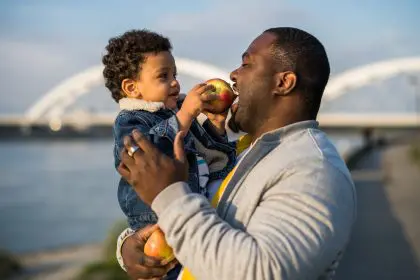When one thinks of prison, the idea of family expansion isn’t usually the first thought that comes to mind. However, the topic of how children are conceived while the mom is in prison remains a poignant and complex aspect of incarceration that intersects with human rights, familial bonds, and institutional policies. This article explores the mechanisms, challenges, and implications of conceiving children in such an environment, highlighting a subject that is often overlooked yet deeply human.
Understanding prison visitation rights
The primary method through which children are conceived in prison is via conjugal visits. These are scheduled periods during which an inmate is permitted to spend several hours or days in a private setting with a visitor, typically a legal spouse. Not all institutions or jurisdictions allow such privileges, and the rules around who qualifies and under what circumstances can vary widely.
Eligibility for Conjugal Visits
To be eligible for conjugal visits, inmates generally must meet specific criteria:
- They must have exhibited good behavior during their incarceration.
- The facility must have provisions and policies supporting such visits.
- Inmates are often required to be legally married to their visitor, although some places may allow life partners.
These visits are intended to preserve family bonds and improve inmate morale and behavior. However, they are not universally supported or implemented, with arguments against them including concerns about safety and propriety.
Logistics of conjugal visits
Conjugal visits take place in specially designated areas within the prison that afford some degree of privacy. These facilities are equipped to mimic a small family environment, with private rooms, kitchens, and sometimes even play areas for children who might be visiting. The visits usually last from one day to three days, providing a semblance of normalcy and privacy.
Psychological and social implications
The conception of children during imprisonment brings with it a unique set of psychological and social challenges. For the parent in prison, it offers a rare opportunity to engage in family life, providing motivation and hope. For the partner on the outside, it’s a commitment to maintaining a relationship under strained circumstances.
Children conceived and born under these circumstances face their own challenges, growing up with one parent absent for a significant duration, and sometimes throughout their entire childhood. This situation can impact their emotional and social development, often necessitating additional support from the remaining parent, extended family, or community services.
Ethical and legal considerations
The right to family life, even for those incarcerated, is protected under various international human rights laws, yet the implementation is fraught with ethical dilemmas. The debate centers around the rights of the inmate versus the potential societal and familial impacts. Furthermore, the children conceived have rights too, including the right to know and be cared for by their parents.
Challenges and controversies
Despite the benefits highlighted by proponents, conjugal visits and the resulting conception of children are subject to criticism. Critics argue that they may pose security risks and complicate the administration of justice. Moreover, there is the issue of resource allocation — maintaining such facilities and programs can be costly.
Children, family, and the complexities of conception in prison
The conception of children in prison through conjugal visits presents a multifaceted issue that mirrors broader discussions about punishment, rehabilitation, and societal norms. This process allows incarcerated individuals to maintain some aspects of family life, providing significant psychological benefits that can aid in their rehabilitation and improve their overall well-being. However, it simultaneously introduces substantial ethical and logistical challenges that cannot be overlooked.
Addressing these issues demands a nuanced approach that considers the rights and needs of all parties involved: the incarcerated individuals, their partners, their children, and society as a whole. It requires policies that not only respect the rights of those in prison but also take into account the impact on families and communities outside the prison walls.
It prompts us to reevaluate how we, as a society, support and value family connections under the most difficult conditions. By doing so, we can better understand the human elements at play within our justice system and explore more compassionate and effective approaches to correction and rehabilitation.
This story was created using AI technology.
















